We know #TreesAreTheKey to a better future for people living on the frontline of climate change in Kenya. They offer a direct route to a healthier planet for wildlife and humans.
Fast growing trees in the tropics rip CO2 and other pollutants out of the atmosphere at a serious pace and provide communities with fruit, nuts, medicines and more. That said, trees aren’t the only tool in our box for making Kenya green again.
You’re the Saviours of the Soil
Your kind donations are enabling the tree planters we work with to access environmental education and embrace permaculture. In turn, that’s improving soil health and creating great conditions for growing fruit and vegetables too.
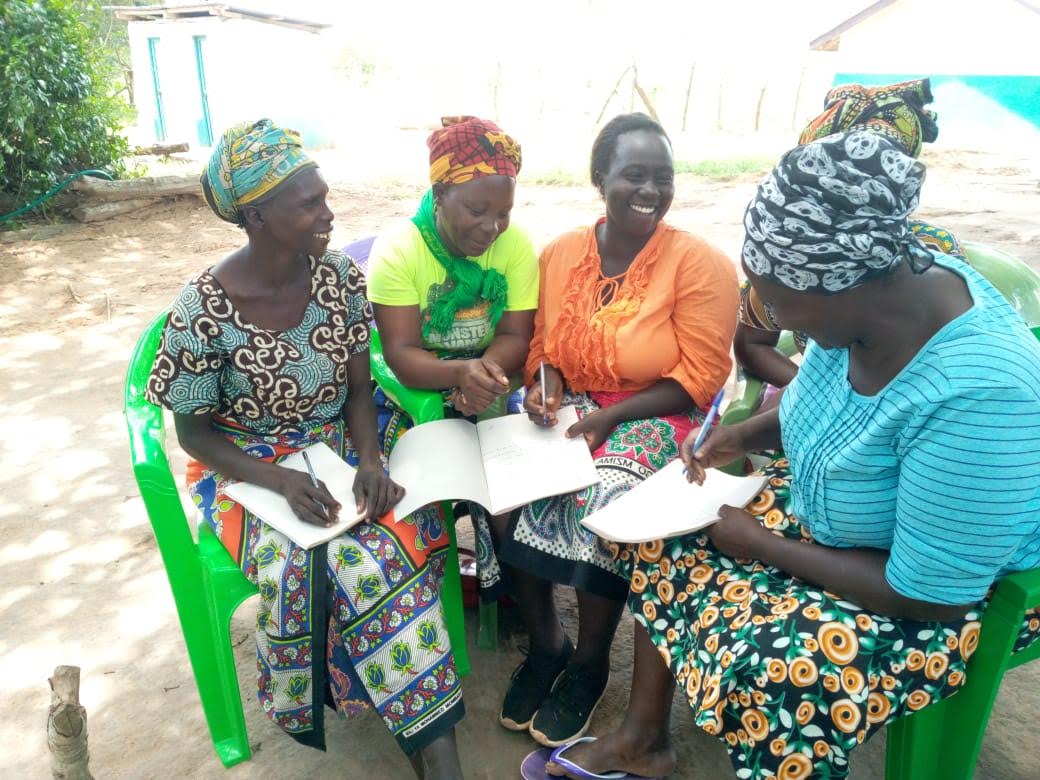
Composting, vermiculture, mulching, harvesting water, companion planting, working with worms and Mother Nature: these are all key permaculture practices. They have the power to help our beneficiaries reduce poverty, eradicate hunger and create sustainable communities with far more food and water security.
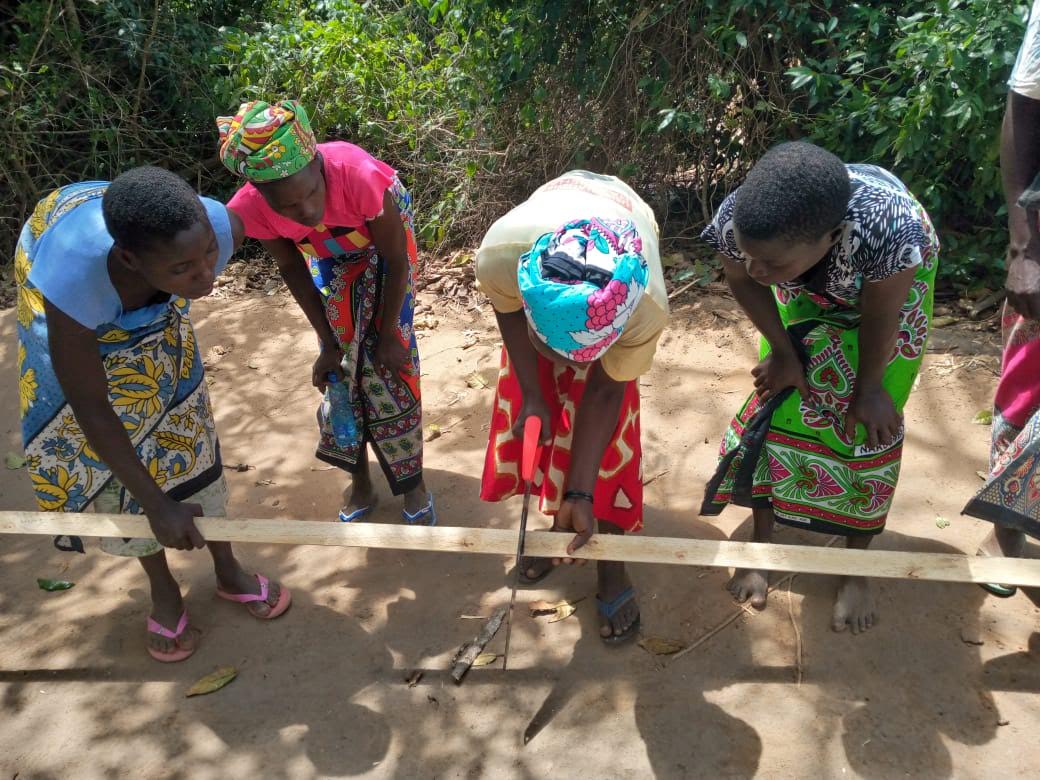
The Mothers of the Forest have two permaculture food forests to create. They’ll start work on them as soon as it’s safe to do so. They will be located at two of the schools we’ve helped build; Kundeni Primary and Kadunguni Primary. The respective Head Teachers, John Kadenge and Agnes Mweni, are incredibly excited about the learning opportunities heading their way. The training will be delivered by Eva Jefa and a group of Mothers of the Forest, the women’s empowerment group your donations kindly support.
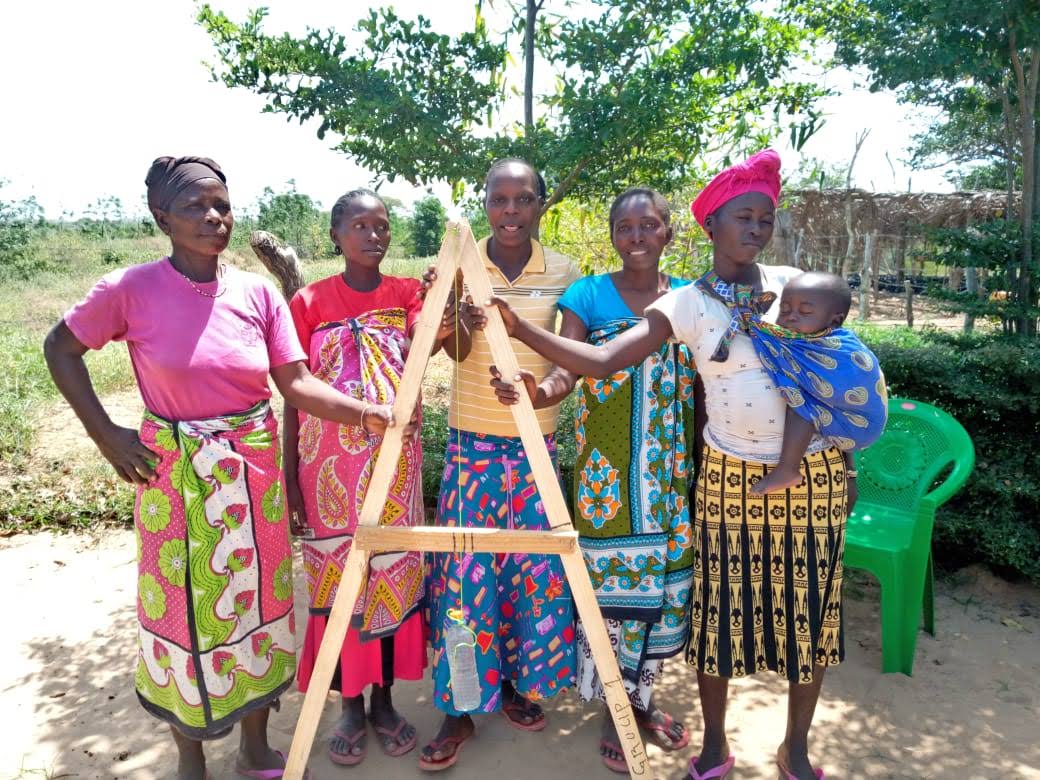
Why are We Encouraging Permaculture Food Forests?
Kenya is struggling to keep pace with an increasingly hotter climate. Desertification continues to creep in and deforestation remains high. Tangled invasions of inhospitable cacti now edge the dusty roads in Coast Province. In fairly recent history, they were lined with palm trees. Extreme weather events are on the rise and Kenyans are squaring up to devastating droughts that frequently put them in a vice like grip for years at a time. These arid periods decimate their attempts to grow maize, an absolute staple for many Kenyans. These events aren’t panning out over decades, they’re increasing year on year.
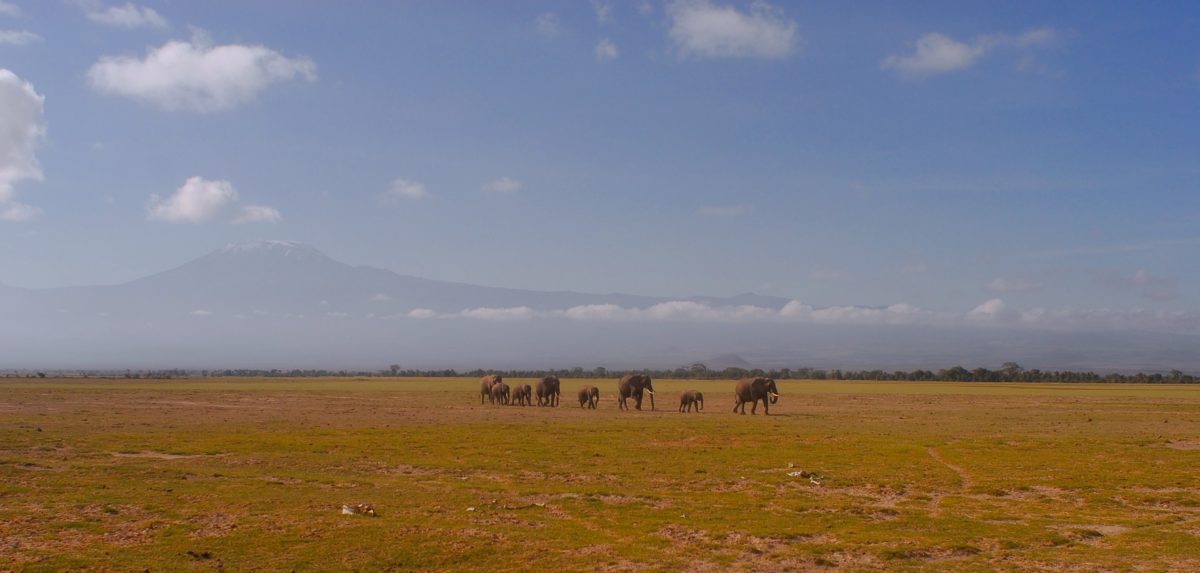
We recognise that training in permaculture practices, taught by native Kenyans, is now critical. We believe permaculture food forests, combined with agroforestry, will enable the communities to carve a route through the years ahead (agroforestry is a land use management system in which trees or shrubs are grown around or among crops or pastureland).
No government can ever be relied upon to feed and water its people, adequately or swiftly enough, in times of crisis.
Our Permaculture Champions
Our permaculture activities started in the summer of 2019. Eva Jefa, facilitator of the Mothers of the Forest and Esther Kombe, excitedly accepted the opportunity to attend certificated permaculture courses with Josephat Barassa of the Practical Permaculture Institutes of East Africa; the training changed Eva and Esther’s lives. Eva’s training was extended to include a period in Tanzania where she worked as part of Josephat’s team creating a permaculture garden at a primary school.
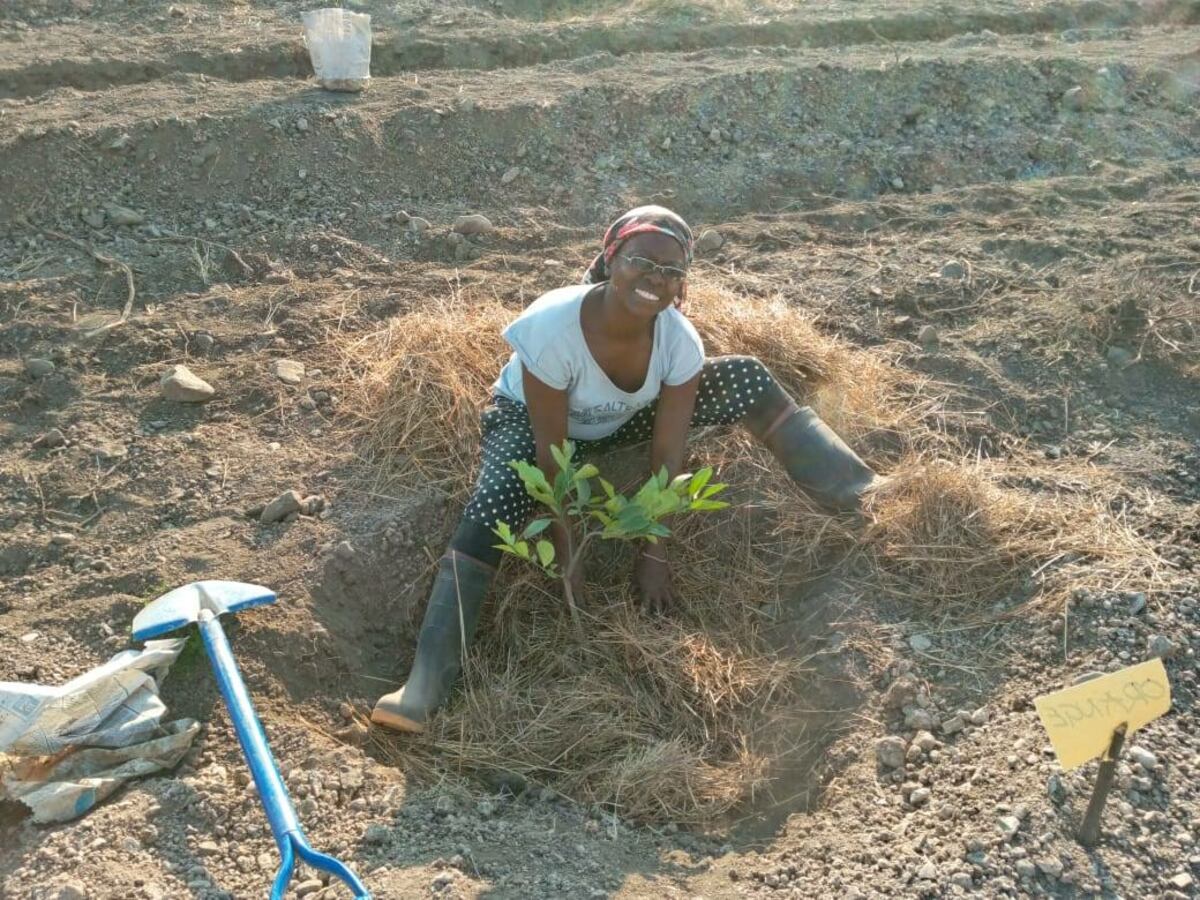
Upon their return to Boré, we facilitated two weeks of training and sustenance for the Mothers of the Forest and key members of our team. It was their first real exposure to permaculture and it resulted in a one acre food forest being created by the main Boré nursery.
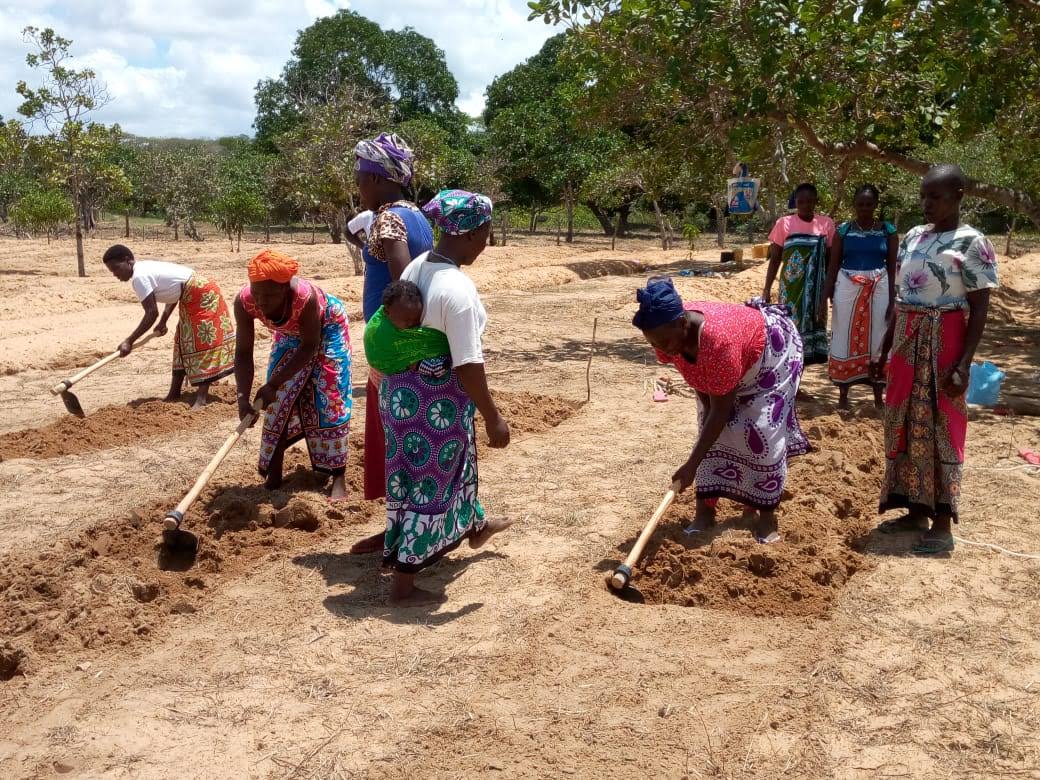
The Mothers had their own tools. Working together, they designed, measured, sawed and screwed together the A-frames they needed to make berms and swales and they did a phenomenal job on all fronts. They had never encountered an opportunity to work together like this, to form such a large, creative-minded team and it’s impossible to relay how proud they were of their achievements.
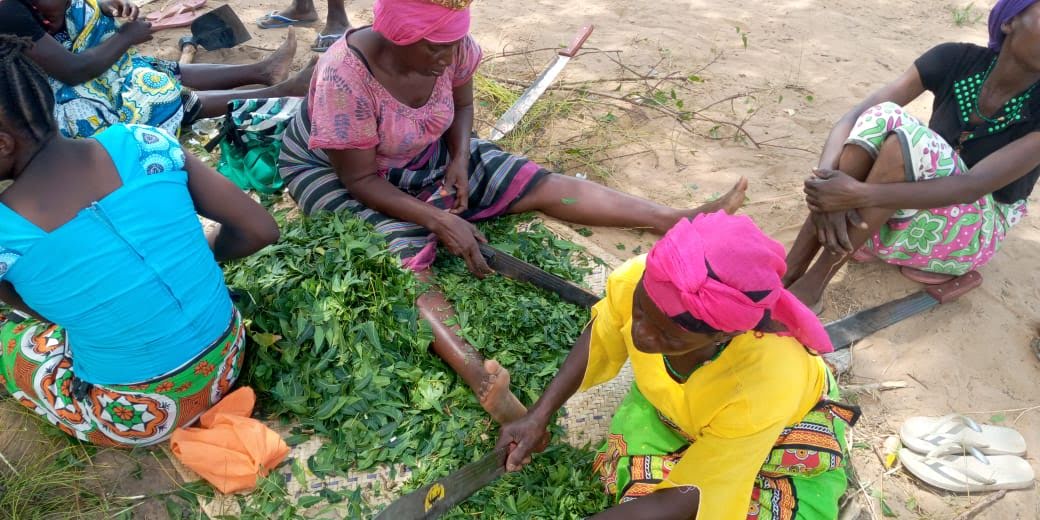
Combining Permaculture Food Forests and Schools
We have clear evidence that permaculture theories and practices work very well in Coast Province and we want to implement projects at the primary schools we’re working with.
We commissioned the first permaculture food forest at Kundeni Primary. Fencing was erected and the ground was partly cleared, then lockdown altered the plans. The project remains on hold while the community are unable to move around freely and safely.
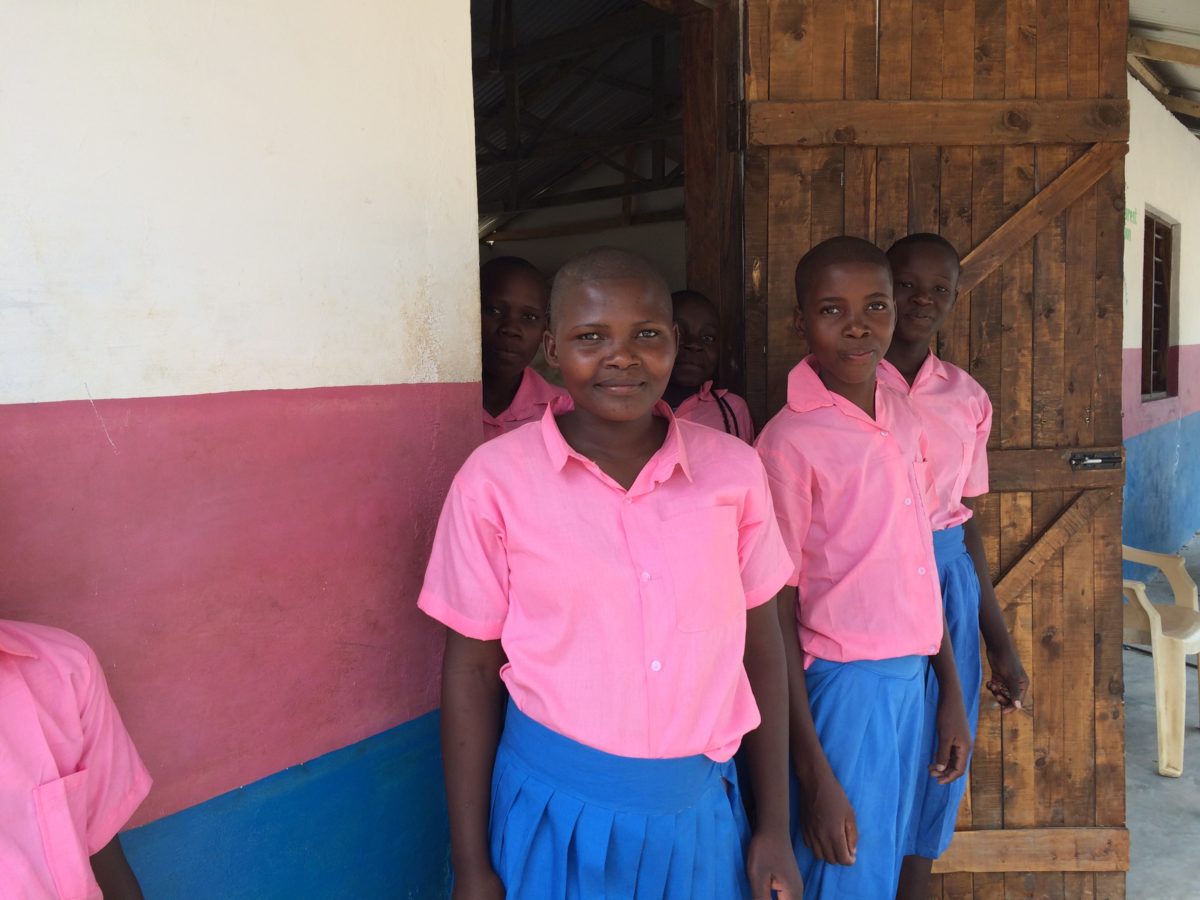
Over the past few months, we’ve been actively seeking funds for additional permaculture food forests at several other schools. Thankfully, the Souter Charitable Trust came good with funding for one at Kadunguni Primary. It’ll provide food for hundreds of children and staff who will willingly mobilise to take care of their garden, as they have a vested interest in making it thrive.

The schools we’re working with are located in deeply impoverished areas, where school meals lack a great deal of variety and can be irregular. The garden will improve the school’s food and water security. It’ll be a constantly evolving educational project for students and teachers and everyone will gain vital life skills from it.
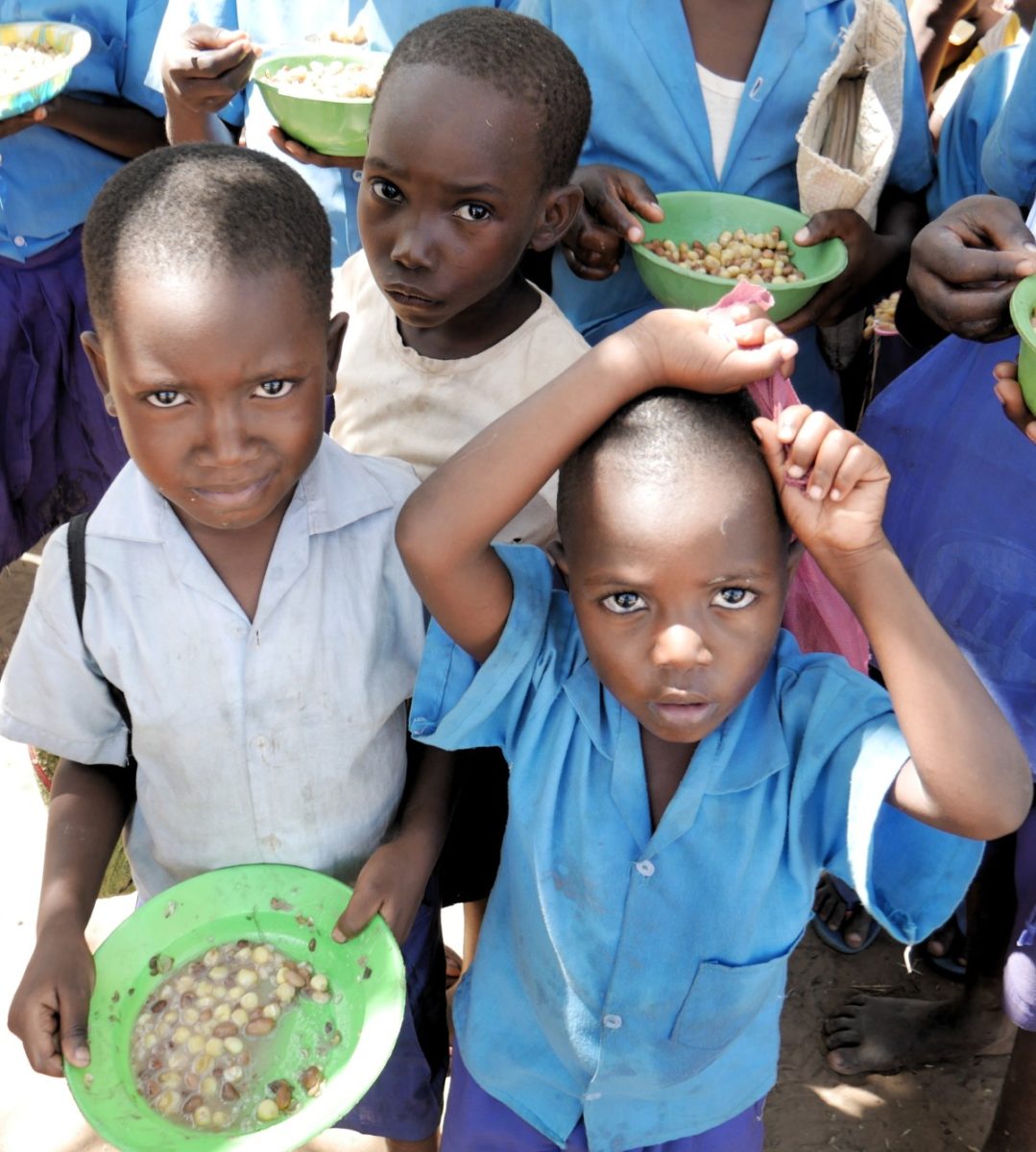
Evidence of the Power of Permaculture: great results in Boré
Alex Katana, the Project Manager who oversees some of our major activities in Boré, is a traditional farmer and a very well respected member of the community. He took part in the training sessions delivered by Josephat, Eva and Esther.
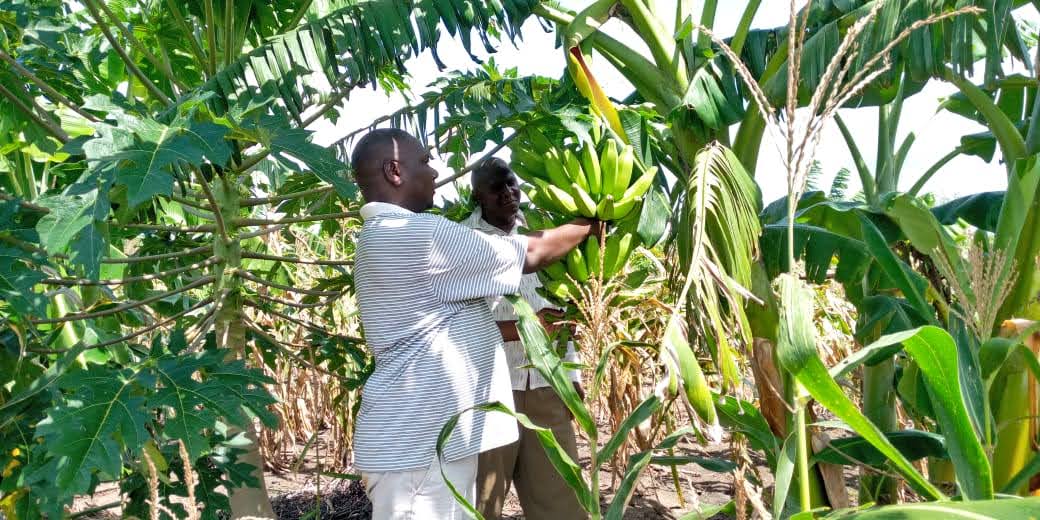
These quotes are from Alex:
“The day has passed very nicely on the permaculture teaching. I cried in my heart saying where was Josephat since we started the project! We would have reached very far Tracey!!! But good that you brought him. The teaching was very good. Am also crying that I shall be missing the teaching at the other long seminar with Eva where they’re going. I wish I have my own financial stands and could join them as I have seen the big importance of the teaching to change thousands of people. Thanks a lot.“
“Am from Esther’s home to say Hi to our teacher (Josephat stayed with her family). He seems to have done a lot on the PERMACULTURE. We are going to have lessons as from tomorrow as per his arrangements. Thanks and we are happy to have him and happy with you who thought of this idea. I think it will really help according to his introduction. It will transform several people’s lives to new lives. Thanks Tracey.“
From 14th May 2020:
“Mostly busy in my banana, mango, orange, papaya, sugarcane and maize mixed farming in 5 acres (permaculture) all successful. When Eva started with the mothers I used to copy and tried to do it at home with Loice. Now successful. Thanks for that knowledge and the new technology. I now have a lot of bananas and sugarcane ready to use. While we are waiting for the mangoes and oranges to be ready which takes some time to be ready. Now I don’t think to plant one crop in any shamba I found this to be very useful. Already some members are copying from this to their shambas. So obviously the knowledge will spread.“
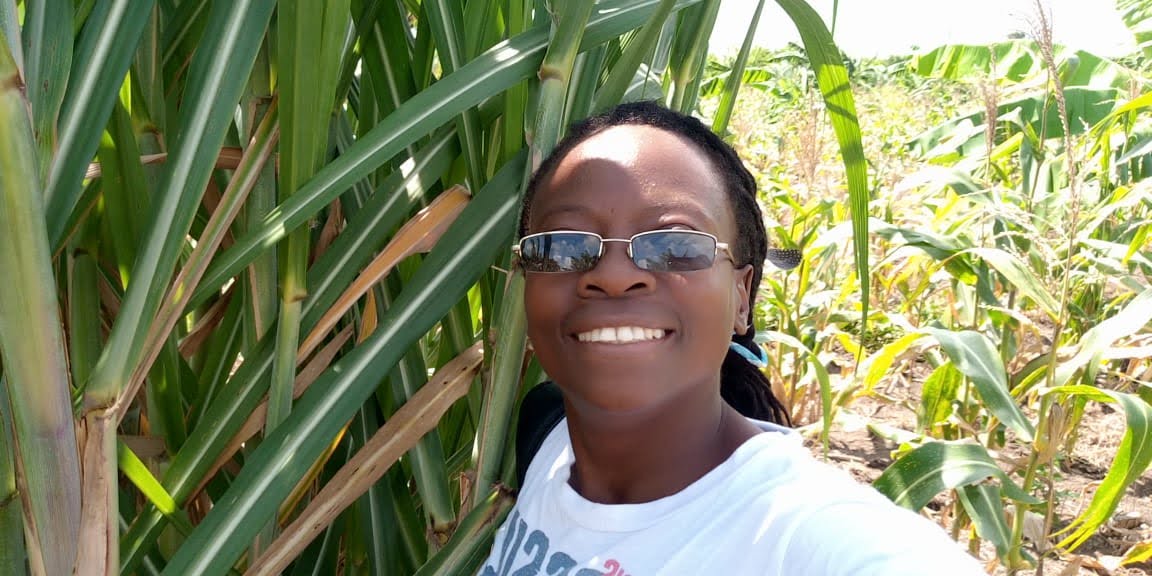
Eva sent an update a few days ago with more good news from Alex’s shamba. She said:
“Today I went to Alex’s farm where he is the first farmer in Magarini to fully embrace and implement permaculture. In his farm, he has maize, pawpaw, a wide variety of bananas, sugar cane, orange and lemon trees, pumpkin, cow peas, mango trees and more.
Alex needed a little advice on reducing population (controlling) the banana plants. Before learning about permaculture, Alex could only plant acres and acres of one crop but now he is doing things differently and has begun eating the fruits of his labour.
I am so happy that permaculture has changed his life for the better.”
As are we, Eva!
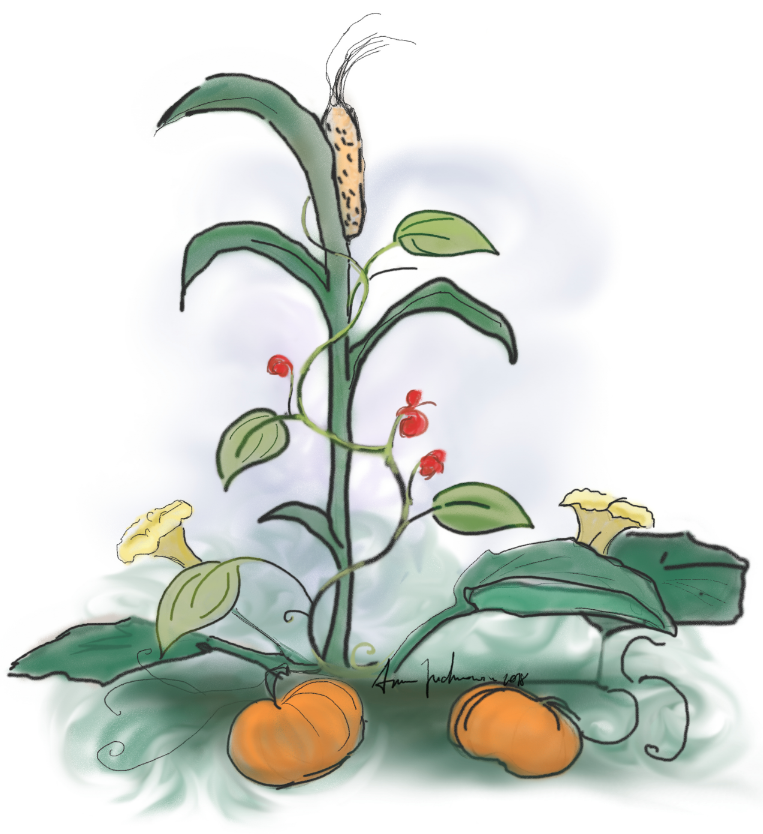
What is Permaculture and How Can it Help in Kenya?
Indigenous permaculture education provides a route to creating and embracing sustainable food systems, with functional landscapes. It shows people how to use what Mother Nature has given them and that knowledge is founded upon what’s best for the ecosystem in that area.
It’s a food production strategy, a low-maintenance blueprint for edible gardens with gratifying rewards. If managed well, they can sustain a whole community. A good top tip is to grow a little more than you need, that way Mother Nature can take her inevitable share and all should be satisfied with the overall yield.
Permaculture has a wide range of benefits, beyond the obvious one of creating nutritious organic produce, whilst being kind to the soil:
- it conserves the planet’s resources
- beyond the initial set up, it minimises the human energy required to maintain it – ideal in Kenya where simply surviving the extreme heat is exhausting
- actively encourages biodiversity to flourish
- can utilise rubbish as a resource (see image below)
- contributes to wildlife preservation
- uses natural solutions for pest control and isn’t chemically driven
- promotes good health for the earth and for those who harvest the food
- encourages space-saving methods of planting
- creates opportunities for cohesive, community activities for the common good
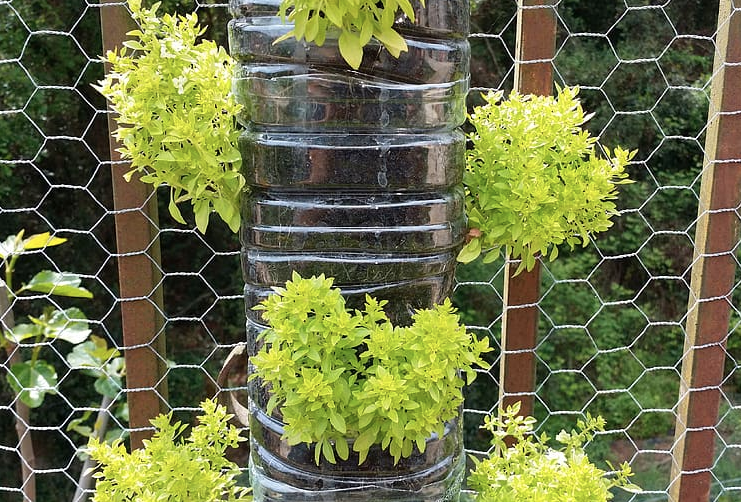
Permaculture holds the secret to all of us locking in more food and water security. With your kind assistance, we’re ready to spread the word about how to do it across Kenya. Please consider contributing towards our next primary school permaculture food forest by making a small donation.
Let’s heal the soil together.
The Team



